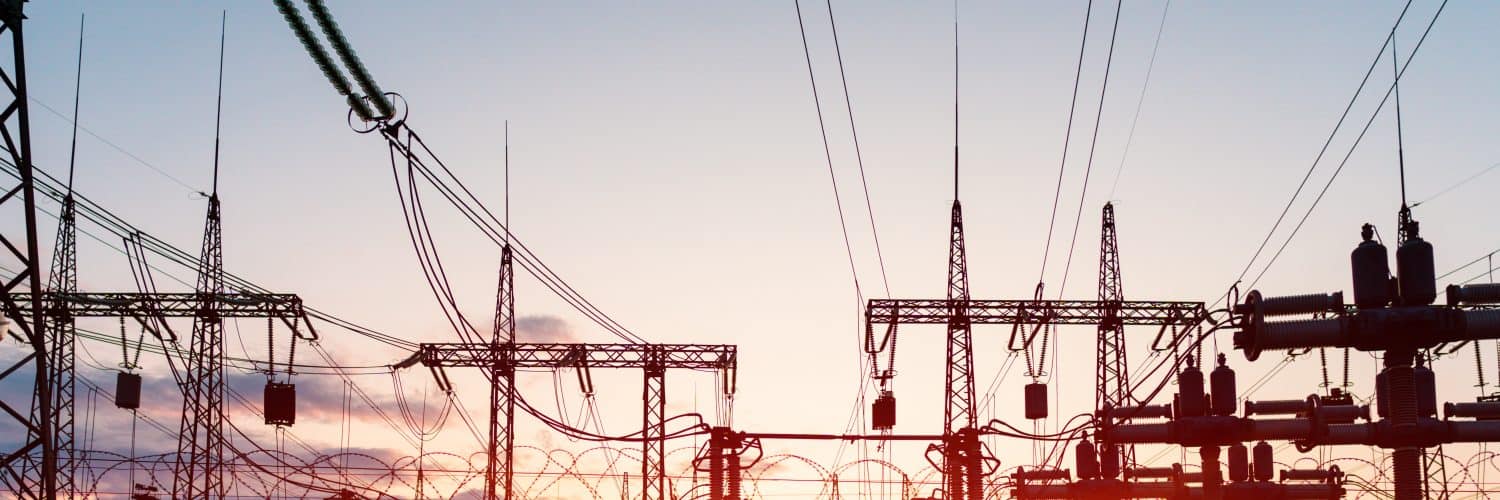Alberta’s weighted average Power Pool price for May is currently $90.64/MWh. Relative to last week, this is an increase of $17.87/MWh or 25%. With warmer temperatures starting to become more prominent, we are beginning to see an increase in the average provincial hourly demand. Over the past week, we have seen multiple days in which the temperature reached over 20°C, which coincided with daily peak volatility. As such, over the last week, we saw the average hourly provincial demand increase from 8,858MW to 8,932MW, resulting in an increase of 74MW or just under 1%. The two baseload generators, which had outages last week at Battler River 5 and Keephills 1, are both currently offline. On a positive note, Shepard Energy Centre, which has been offline since April 1st, has come back online from its planned maintenance, and this 868MW generator should help curtail some of the extreme volatility we have been experiencing over the past few weeks. Also, current weather trends for the upcoming week indicate lower daily maximum temperatures along with cloud coverage and rain, which should further help prevent extreme daily price spikes.
The weighted average Hourly Ontario Energy Price (HOEP) is at 1.6¢/kWh for the month of May, an increase of 23% or 0.3¢/kWh compared to last week’s settle. Causing this increase in HOEP are strong injections of expensive natural gas burning generation, while total supply levels have decreased (-2%, 14,370MW) and demand has stayed stable (13,265MW) compared to average May levels. Despite total supply decreasing, the supply from natural gas burning generation has jumped up 30% (361MW), driven by mild, summery temperatures in Ontario since the 17th. Nuclear has lowered its baseload (-2%, 9,127MW), along with wind (-36%, 832MW), while all other sources have increased their supply: hydro (+3%, 3,907MW), solar (+27%, 113MW), and biofuel (+17%, 29MW). Currently, with the first Global Adjustment estimated at 9.9¢/kWh and the first estimate recovery rate at 0.7¢/kWh, May’s total market price is 12.2¢/kWh.
In other electricity news, the Toronto Transit Commission (TTC) board has recently approved a framework with Ontario Power Generation (OPG) and Toronto Hydro to electrify TTC’s bus fleet. Through a subsidiary, OPG will design, build, operate, and maintain the charging infrastructure for TTC’s fleet of electric buses. The agreement among the three parties is North America’s largest transit electrification project to date and will help Ontario to further reduce its greenhouse gas (GHG) emissions. As mentioned in last week’s electricity news, reducing the province’s GHG emissions in the transportation sector will make a large impact in furthering Ontario along the path to net zero by 2050.
– Mark Ljuckanov, Energy Advisor / Ryan Cosgrove, Energy Data Analyst / Sarah Clemente, Energy Data Analyst








Add comment